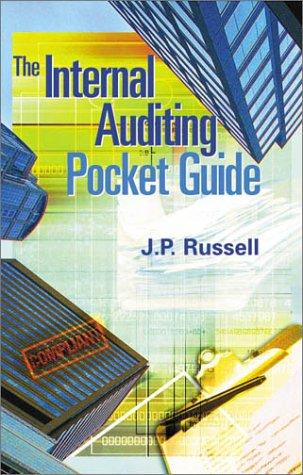Question
On January 1, 2018, the general ledger of Big Blast Fireworks includes the following account balances: Accounts Debit Credit Cash $ 25,300 Accounts Receivable 45,000
On January 1, 2018, the general ledger of Big Blast Fireworks includes the following account balances: Accounts Debit Credit Cash $ 25,300 Accounts Receivable 45,000 Inventory 47,000 Land 87,100 Allowance for Uncollectible Accounts 3,700 Accounts Payable 26,700 Notes Payable (12%, due in 3 years) 47,000 Common Stock 73,000 Retained Earnings 54,000 Totals $ 204,400 $ 204,400 The $47,000 beginning balance of inventory consists of 470 units, each costing $100. During January 2018, Big Blast Fireworks had the following inventory transactions: January 3 Purchase 1,550 units for $170,500 on account ($110 each). January 8 Purchase 1,650 units for $189,750 on account ($115 each). January 12 Purchase 1,750 units for $210,000 on account ($120 each). January 15 Return 185 of the units purchased on January 12 because of defects. January 19 Sell 5,100 units on account for $765,000. The cost of the units sold is determined using a FIFO perpetual inventory system. January 22 Receive $749,000 from customers on accounts receivable. January 24 Pay $520,000 to inventory suppliers on accounts payable. January 27 Write off accounts receivable as uncollectible, $2,600. January 31 Pay cash for salaries during January, $136,000. The following information is available on January 31, 2018. At the end of January, the company estimates that the remaining units of inventory are expected to sell in February for only $100 each. At the end of January, $5,700 of accounts receivable are past due, and the company estimates that 40% of these accounts will not be collected. Of the remaining accounts receivable, the company estimates that 5% will not be collected. Accrued interest expense on notes payable for January. Interest is expected to be paid each December 31. Accrued income taxes at the end of January are $14,000.
| 1.
| Record each of the transactions listed above in the 'General Journal' tab (these are shown as items 1 - 10) assuming a FIFO perpetual inventory system. Review the 'General Ledger' and the 'Trial Balance' tabs to see the effect of the transactions on the account balances. | |
| 2. | Record adjusting entries on January 31. in the 'General Journal' tab (these are shown as items 11-14). | |
| 3. | Review the adjusted 'Trial Balance' as of January 31, 2018, in the 'Trial Balance' tab. | |
| 4. | Prepare a multiple-step income statement for the period ended January 31, 2018, in the 'Income Statement' tab. | |
| 5. | Prepare a classified balance sheet as of January 31, 2018, in the 'Balance Sheet' tab. | |
| 6. | Record the closing entries in the 'General Journal' tab (these are shown as items 15-17). | |
| 7. | Using the information from the requirements above, complete the 'Analysis' tab. |
Step by Step Solution
There are 3 Steps involved in it
Step: 1

Get Instant Access to Expert-Tailored Solutions
See step-by-step solutions with expert insights and AI powered tools for academic success
Step: 2

Step: 3

Ace Your Homework with AI
Get the answers you need in no time with our AI-driven, step-by-step assistance
Get Started


